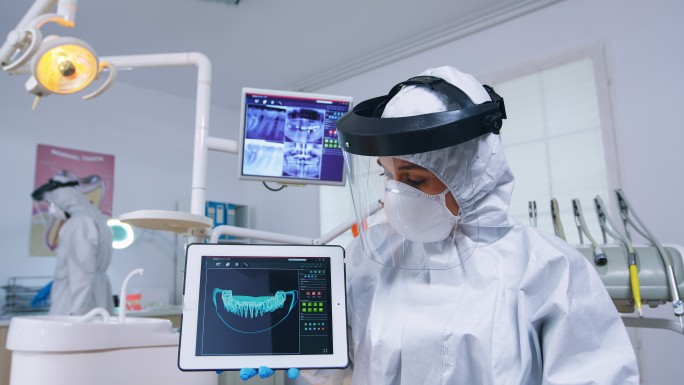Explore Ominext's Antimicrobial Resistance Database, a comprehensive resource designed to track and combat antimicrobial resistance. Access vital data, enhance research, and contribute to global health solutions.
Set of basic features we develop
-

01 Collect AMR Data
The AMR database is able to collect data from different sources such as hospitals, laboratories, medical facilities, and other related organizations. Collecting data includes information on bacteria, antibiotics, drug resistance results and other related factors.
-

02 Data Storage and Management
This database provides an efficient and secure data storage mechanism. Collected data will be organized, managed and protected to ensure integrity and privacy.
-

03 Retrieve and Search Information
The AMR system provides the ability to retrieve and search information quickly and easily. Users need to be able to search for information about bacteria, drug resistance, drug resistance results, and other related factors through query interfaces and search engines.
-

04 Analyze AMR Data
By applying data analysis tools, AMR databases provide a better understanding of drug resistance trends and variation patterns. These tools include histogram analysis, correlation analysis, timing analysis, and other methods to extract useful information from AMR data.
-

05 Provide Suggestions and Guidance
Based on collected data, the AMR system will give recommendations and guidance on the use of antibiotics and other treatments. This helps health professionals and regulators make smart decisions about antibiotic use and resistance management.
-
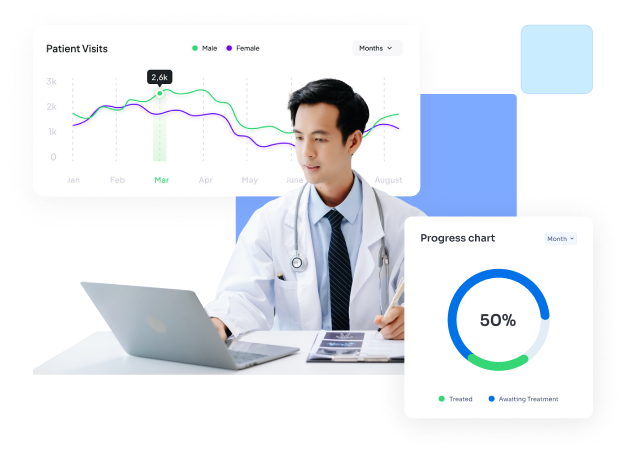
06 Updating Information and Reports
The AMR system has the ability to update AMR information and report on drug resistance, resistance trends, and control measures. Through reports, the database provides practical information to healthcare providers, researchers, and health policy decision-makers.
-

07 User Interaction
The AMR system interacts with users through an intuitive and user-friendly interface. This helps users easily access and use functions and information in the system.
Benefits of Antimicrobial Resistance Database
Optimized Antibiotic Prescribing
The AMR database assists healthcare providers in optimizing antibiotic prescribing practices. By understanding local resistance trends, providers can choose the most appropriate antibiotics, avoid overprescribing, and reduce the emergence of drug-resistant bacteria.
Prevention of Treatment Failures
Access to historical and real-time resistance data helps healthcare providers anticipate and address potential treatment failures. This proactive approach is crucial in managing patient care, especially for those with compromised immune systems or chronic conditions.
Reduced Healthcare Costs
By minimizing treatment failures and ensuring more effective antibiotic use, healthcare providers can contribute to cost savings for both patients and healthcare systems. This includes avoiding unnecessary hospitalizations and prolonged treatment regimens.
Improved Infection Control
Antimicrobial resistance databases support infection control measures. Providers can identify emerging resistance trends, implement targeted interventions, and prevent the spread of resistant strains within healthcare facilities.
Guidance for Empirical Therapy
The database provides valuable insights for empirical therapy, helping providers choose initial antibiotic treatments before specific pathogen information is available. This is crucial in time-sensitive situations and can prevent delays in appropriate treatment.

We offer more than that
Make use of basic features to customize your own system
-
Multi Platform
DevelopmentMulti Platform
DevelopmentWith 700 engineers mastering various programming languages, our team is confident in developing multiple platforms for your seamless systems.
-
Development of Custom
SystemDevelopment of Custom
SystemThe system can be customized based on customer requirements. We offer flexible solutions and are easy to adapt to each customer’s unique needs, also capable of large-scale if required to ensure projects are proceeding on schedule.
-
Robust Security
CapabilitiesRobust Security
CapabilitiesWe maintain high-security standards in every project by establishing security rooms and complying with cybersecurity regulations.
-
Data
standardizationData
StandardizationEasily integrate the system with other healthcare systems such as EHR, EMR, PHR, ePrescribing, Pharmacy Management System, Drug Interaction Checking System, ePharmacy,...
How Do We Work
Ominext's Bridge System Engineers at our offices
Clients' onsite System Engineers at Ominext
Ominext's onsite Bridge System Engineers at clients' locations
Ominext's Bridge System Engineers at our offices
-
Partner
Customer’s Manager
Customer’s System Engineer
-
Ominext
Ominext’s BrSE
Ominext’s Development team
Clients' onsite System Engineers at Ominext
-
Partner
Customer’s Manager
-
Ominext
Customer’s Manager
Ominext’s BrSE
Ominext’s Development team
Ominext's onsite Bridge System Engineers at clients' locations
-
Partner
Customer’s Manager
Customer’s System Engineer
Ominext’s BrSE
-
Ominext
Ominext’s Development team
Regulations and Our Qualification







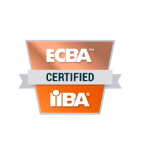
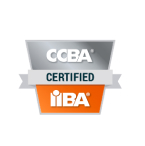
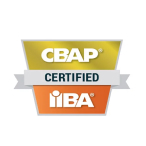
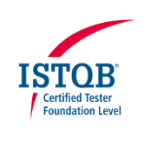
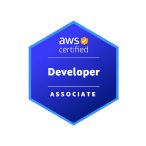
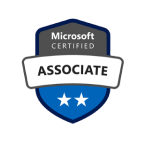
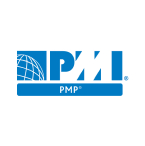
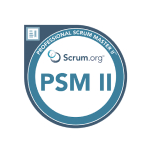

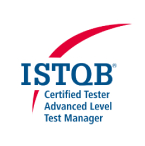
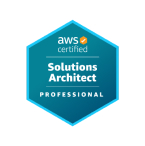

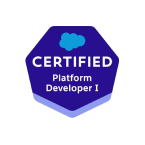
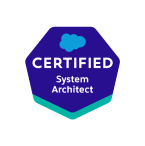
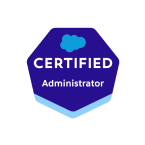
Tech stack
Frequently Asked Questions
How can you ensure information security and data privacy in the healthcare sector?
Our top priorities include implementing robust security measures to safeguard patient data, ensuring compliance with regulations such HIPAA, HITECH, and GDPR, conducting regular security audits and risk assessments, and providing ongoing training to staff on data privacy best practices.
Does your company provide customizable solutions for healthcare organizations?
Yes, we offer customizable solutions tailored to the unique needs and workflows of healthcare organizations. Our team works closely with clients to understand their requirements and develop customized solutions that address specific challenges and goals.
How does your healthcare IT integrate with existing healthcare systems in hospitals and clinics?
Our healthcare IT solutions are designed to seamlessly integrate with existing systems, including electronic health records (EHR), laboratory information systems (LIS), and other clinical and administrative systems commonly used in healthcare settings.
Does your company offer customer support services after system implementation?
Yes, we provide comprehensive customer support services to assist clients with system implementation, training, troubleshooting, and ongoing technical support. Our dedicated support team is available to address any issues or concerns that may arise.
How do you ensure the scalability and flexibility of healthcare IT solutions for future needs?
We design our healthcare IT solutions with scalability and flexibility in mind, allowing for seamless expansion and adaptation to evolving needs and technologies. Our modular architecture and cloud-based infrastructure enable easy scalability and customization as requirements change over time.
Deep dive into success stories
-
Interoperability for Operational Efficiency on a Large-scale
Nursing Care DX See more -
AI-based Teeth Numbering System Performs Up To 99% of Accuracy
Clinical Test DX See more
.png)









